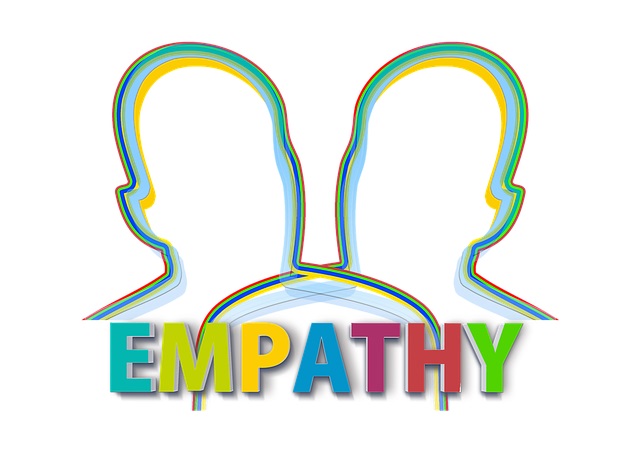Earlier this week I came across a Facebook post sharing an article from TechCrunch that discussed the probability of the trucking industry becoming driverless at some point in the near future.
One of those practical difficulties is the potential dislocation in many areas of workers (truck drivers, specifically) who can earn a solidly middle class income with a high school diploma and vocational training.
The article on TechCrunch wasn’t shocking—it was exactly the type of article that a technology oriented site would publish.
What was shocking was the dialogue on the Facebook post where I found the article, which basically amounted to, “That’s progress, and if it costs jobs, so be it.”
One comment even referred to truckers who would fight to oppose a driverless future as “grasping on to the last strands of the 20th century”, as though someone should willingly accept the loss of the only career they have ever known as the reasonable cost of innovation.
Emotional Intelligence? Empathy?
Being born in 1981, I am one of the oldest millennials. I also became a manager at a pretty young age (21). That means that I have spent my entire professional career exposed to 21st century workshops and trainings on emotional intelligence, empathy, respect for a wide variety of differences, and above all compassion for others.
That immersion in empathy and emotional intelligence didn’t just occur in workshops held in conference rooms. As a part of my graduate studies in management I was required to take a whole course in emotional intelligence.
Our heightened sense of empathy and emotional intelligence is a good thing.
However, our heightened sense of empathy often doesn’t extend to:
-A taxi driver facing job loss due to Uber’s self-driving cars;
-A hotel worker facing dislocation because of Air BnB;
-A trucker facing job loss due to automation;
-A factory worker whose manufacturing job relocated.
If you face job loss due to progress, rather than widespread empathy you can expect a lecture on how macroeconomics works (which basically amounts to “Sorry pal, statistically speaking, in the long run you’ll find another job”) or the even more thoughtless, “Innovation helps everyone.”By “thoughtless” I don’t mean that the response is intentionally cruel, just that it is without any deeper thought than progress benefits everyone, and that eventually those who lose their job will be reabsorbed into the economy.
Statistically speaking, in the long run, that’s not always true. And anyone who believes that a society’s only direction is inevitably forward, and that those who feel left behind can’t forcibly try and turn back the clock, have not read about the Cambodian Year Zero.
Proactive, not Reactive
My family struggled when I grew up, but things got much better when my dad went to work for a rubber products manufacturer. One of my brothers made a really good career for himself as a general manager in the hotel industry, even buying a house before his older, college educated brother (me) did. My other brother, along with many of my uncles, has spent their whole lives in the trucking industry.
None of the people in the paragraph above has a college degree, yet all have managed to carve out a nice life for themselves in industries that are facing extreme disruption (and a reduction in the need for labor) through technology, automation, and globalization. Shrugging our shoulders and saying something to the effect of, “That’s how it is, their isn’t a big need for typewriter repairmen, either” is a reaction not only devoid of basic human decency, it’s also one that can trigger a rage filled response, and leave a lot of people confused when those on the receiving end of that response are willing to turn to anyone who will voice their concerns.
Collectively, more of our culture’s supposedly well-honed sense of empathy and emotional intelligence should be directed toward the millions of people who lose their job to an app, artificial intelligence, or to a plant owner who pays his workforce almost nothing.
And we shouldn’t exercise that empathy by writing profiles of unemployed workers after their job has been eliminated, but by training them for a very different future—before that future arrives.
SOURCES: TechCrunch
To receive similar content, “Like” us on Facebook @ https://www.facebook.com/niagarabuzz.ca











